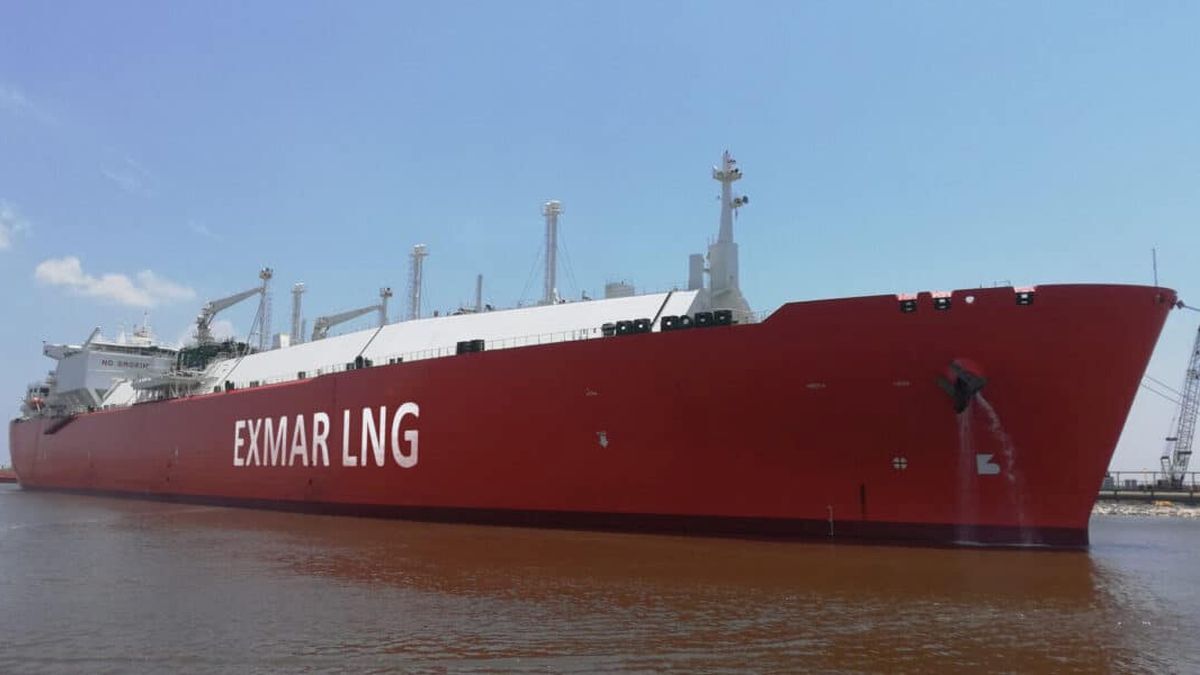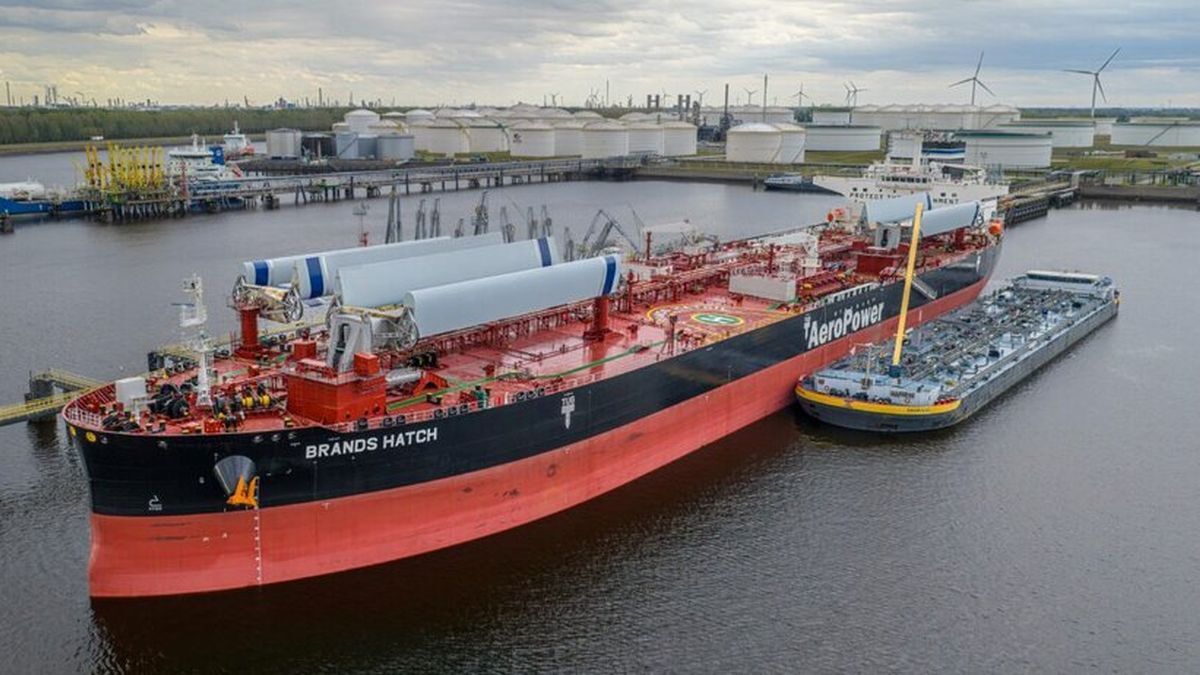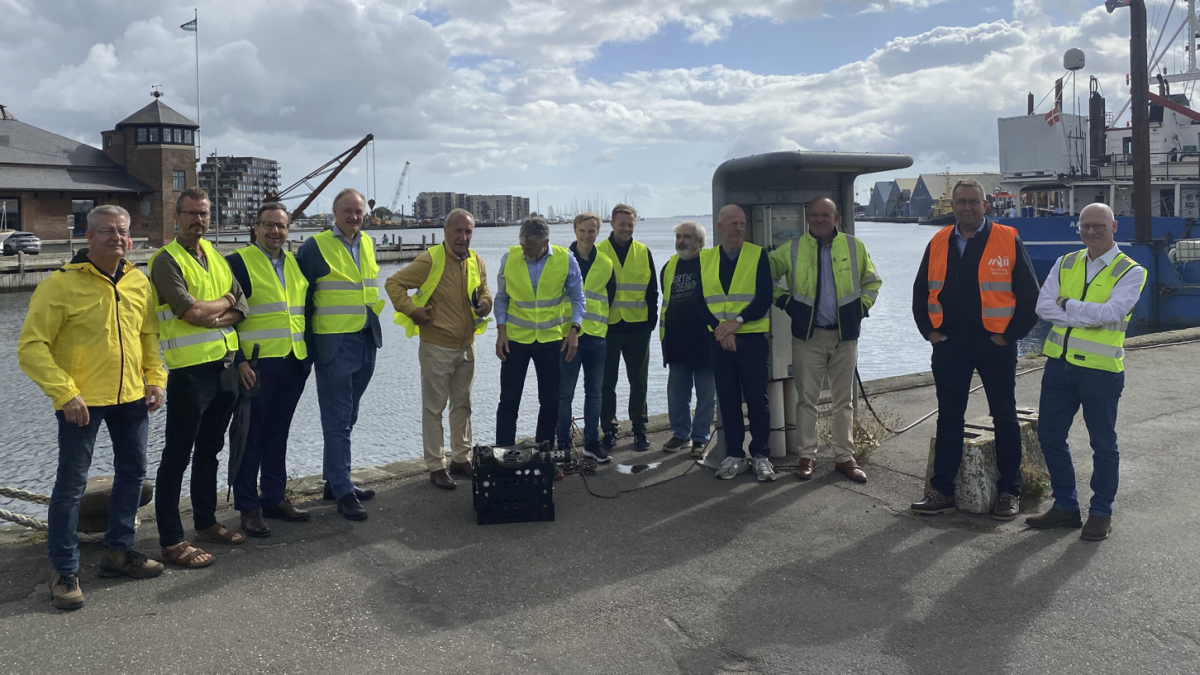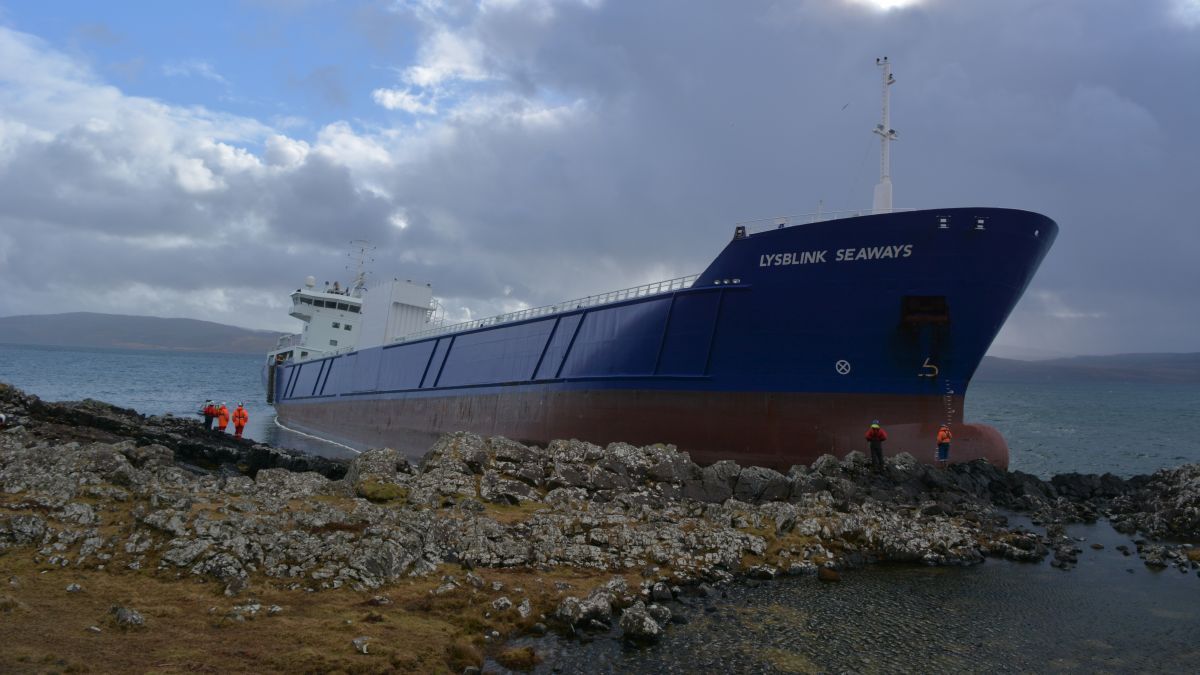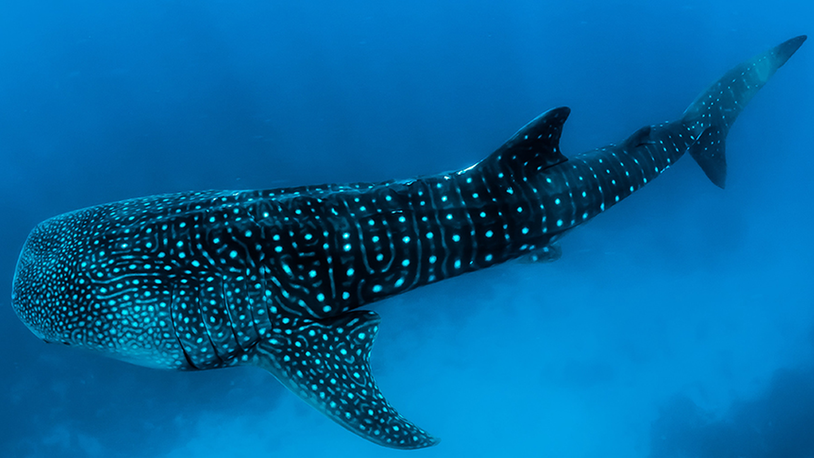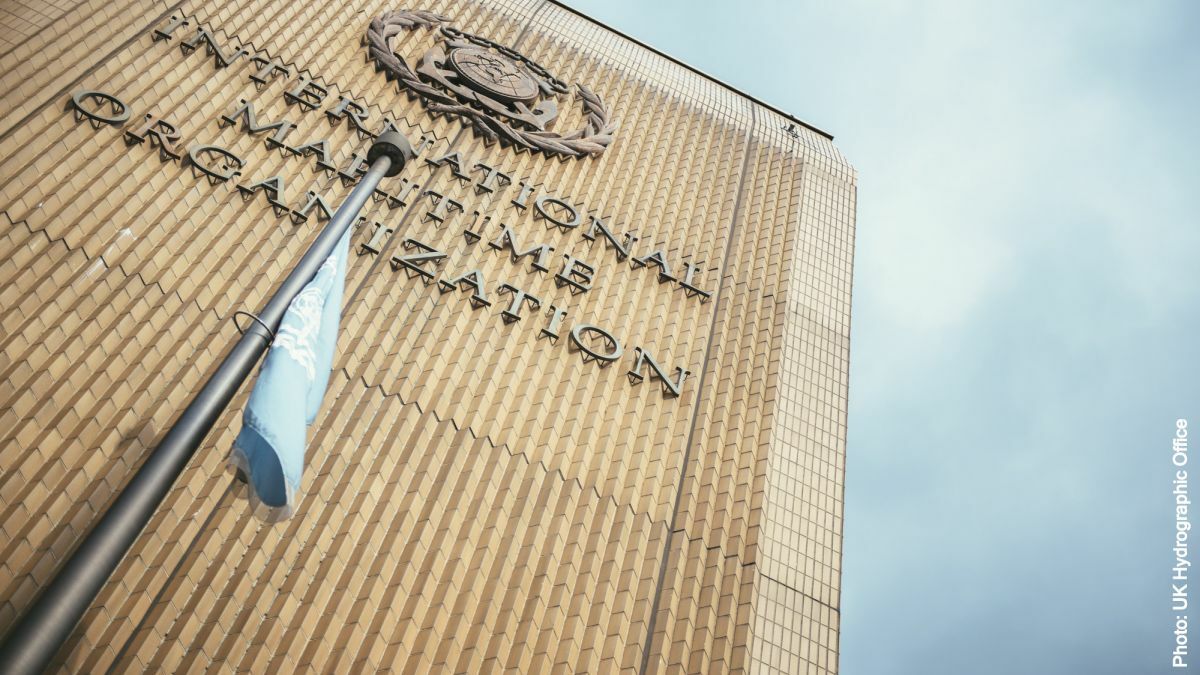Business Sectors
Events
Offshore Wind Webinar Week
Contents
Register to read more articles.
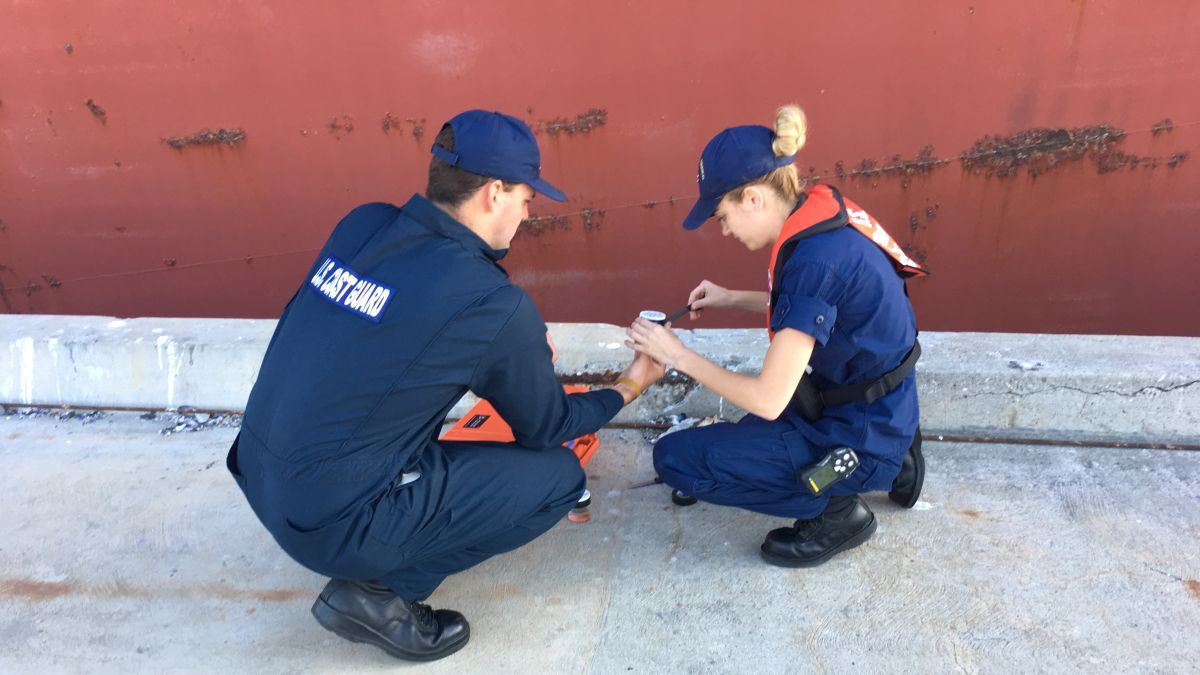
Oily water separator failures point to deeper compliance breakdowns
A pattern of oily water separator tampering across USCG reports reveals systemic enforcement and operational failures
The oily water separator (OWS) has long stood as a critical line of defence in marine environmental compliance, intended to prevent unlawful discharges of oily bilge water into the ocean.
Yet after a review of more than a decade of enforcement reports by the United States Coast Guard (USCG), it is evident OWS-related deficiencies often transcend simple technical failure. Instead, they reflect deeper systemic issues that encompass poor safety management, underinvestment in maintenance, deliberate bypassing, and weak internal oversight within shipping companies.
The USCG’s Port State Control (PSC) annual reports have recurrently flagged cases where the OWS was not merely broken, but was actively circumvented.
The 2020 report describes one such case, where a crew member provided evidence of modifications to the OWS piping that allowed oily waste to bypass the system entirely and be pumped overboard. "The modifications were intended to defeat the pollution prevention equipment," the report states.
In another instance that same year, a PSC inspection team uncovered signs of tampering and improperly maintained oil content meters, suggesting a pattern of wilful non-compliance.
Earlier reports, particularly in 2018 and 2019, documented similar violations, with the 2019 report noting vessels had installed unauthorised bypass valves, concealed piping arrangements, or tampered with oil content monitors in ways that could not be ascribed to neglect alone.
These findings align with ongoing concerns expressed by PSC officers that environmental protection is frequently subordinated to operational expediency. The recurring nature of these infractions raises difficult questions.
If the technical specifications of Marpol Annex I and associated US legislation are clear, and if most operators are trained in compliance protocols, why do these violations persist? The answer, according to the USCG’s commentary and enforcement data, lies in the intersection of inadequate safety management systems and disincentives to invest in functioning pollution prevention equipment.
The issue is not solely mechanical and in many instances, the oil record books have been found to be falsified, incomplete or misleading. The same vessels often lack evidence of routine maintenance or crew training related to OWS use.
When whistle-blowers come forward, as happened in a case noted in the 2022 report, they sometimes provide video footage of discharges or hidden piping, indicating not just a failure of procedure but a deliberate culture of evasion. This culture is not easily addressed by flag state audits or occasional inspections, but reflects broader systemic failures: cost pressures on crewing, inconsistent enforcement across jurisdictions, and a lack of internal auditing processes robust enough to detect or deter falsification.
These factors mirror the USCG’s increased attention to safety management system deficiencies in recent years, linking environmental performance with managerial diligence.
The QUALSHIP 21 E-Zero programme attempts to reward those companies that maintain exemplary environmental records. However, as the number of eligible vessels fluctuates each year, it becomes apparent that environmental stewardship remains patchy.
The 2023 annual report recorded an increase in detentions, and while not all were related to OWS, the thematic overlap between environmental non-compliance and broader operational failings was unmistakable.
With PSC officers now routinely trained to detect concealed bypasses and inconsistencies in oil record books, the regulatory net is tightening. Yet the USCG’s own analysis suggests enforcement alone cannot eliminate the practices and as long as financial and organisational pressures lead some ship operators to cut corners, the same deficiencies will recur.
Oily water separator manipulation is more than a technical infraction – it is an indicator of where compliance systems are failing – not only on board, but ashore, in the boardroom, and within internal audit frameworks.
The systemic nature of these failures makes them all the more concerning.
As the USCG observed in its 2020 report, "The presence of these violations in vessels that passed flag state inspections raises concerns about the rigour and independence of internal and third-party auditing."
This topic will be explored in greater depth in the October 2025 Maritime Environmental Protection webinar series through a session titled Oily waste: challenges, issues & remedies which will examine regulatory frameworks, enforcement case studies and technical strategies to address this persistent area of non-compliance.
Sign up for Riviera’s series of technical and operational webinars and conferences:
- Register to attend by visiting our events page.
- Watch recordings from all of our webinars in the webinar library.
Related to this Story
Events
Offshore Wind Webinar Week
Maritime Decarbonisation, Europe: Conference, Awards & Exhibition 2025
Offshore Support Journal Conference, Americas 2025
© 2024 Riviera Maritime Media Ltd.




